Ecological Spirituality: Engaged Projects
Further resources, if available, can be found in our full bibliography.
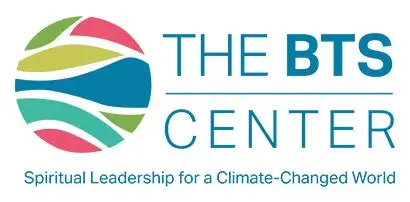
The BTS Center
The BTS Center believes there is a divine urgency, a sacred calling, to the work of cultivating and nurturing spiritual leadership for a climate-changed world. This vocational calling weaves through the many threads of their work and into their partnerships, programming, and core values. The BTS Center offers theologically grounded programs of spiritual and vocational formation, including workshops and retreats, learning communities, book studies, public conversations and rituals, and projects of applied research, all focused on cultivating and nurturing spiritual leadership for a climate-changed world.

Waterspirit
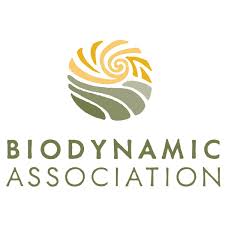
Biodynamic Association
Biodynamics is rooted in the work of philosopher and scientist Rudolf Steiner, whose 1924 lectures to farmers opened a new way to integrate scientific understanding with a recognition of spirit in nature. Biodynamics has continued to develop and evolve since the 1920s through the collaboration of many farmers and researchers. Around the world, biodynamics is alive in thousands of thriving gardens, farms, vineyards, ranches, and orchards. The principles and practices of biodynamics can be applied anywhere food is grown, with thoughtful adaptation to scale, landscape, climate, and culture. The Association holds conferences, trainings, and serves as a hub for the biodynamic community.
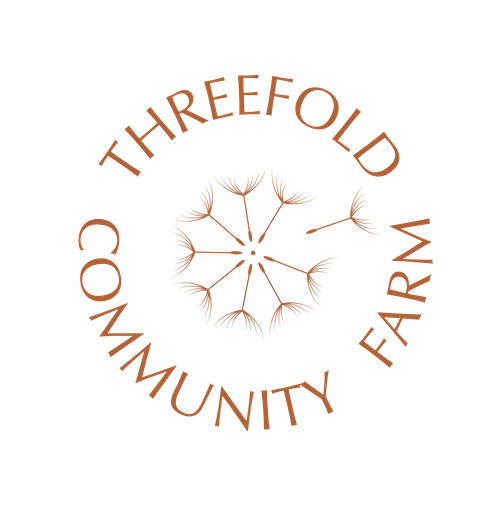
Threefold Community Farm
Threefold Community Farm was born out of a collaborative spirit between the Rudolf Steiner Fellowship Foundation – a dynamic, work-based, intergenerational community centered on the care of the elderly – and the Threefold Educational Foundation, a living community of people and institutions centered around the practical work inspired by Rudolf Steiner. In 2018, The Pfeiffer Center of Threefold Educational Foundation, and Duryea Farm of the Fellowship Community, came together under the pillars of Biodynamic land care, education, and production through service, to create a larger farm organism, ensuring the longevity of biodynamic farming in the lower Hudson Valley Region. Threefold Community Farm hosts opportunities for engagement with the natural world to everyone from school aged children to elder members of the Fellowship Community. At our Annual Dandelion Festival, we welcome the whole community to witness the cows taste their first spring grasses, while picking dandelion blossoms for our biodynamic compost preparations. We firmly believe that the future of agriculture lies in our social capacity to unite around the health and future of our Earth. Biodynamics offers a voice in the chorus of others practicing spiritual landcare and the development of networks of small, diversified farms that are thoroughly integrated into their local communities. We recognize the ancient streams of spiritual agriculture from which Biodynamics shares its roots, and honor the Indigenous wisdom and practices that have come before us.
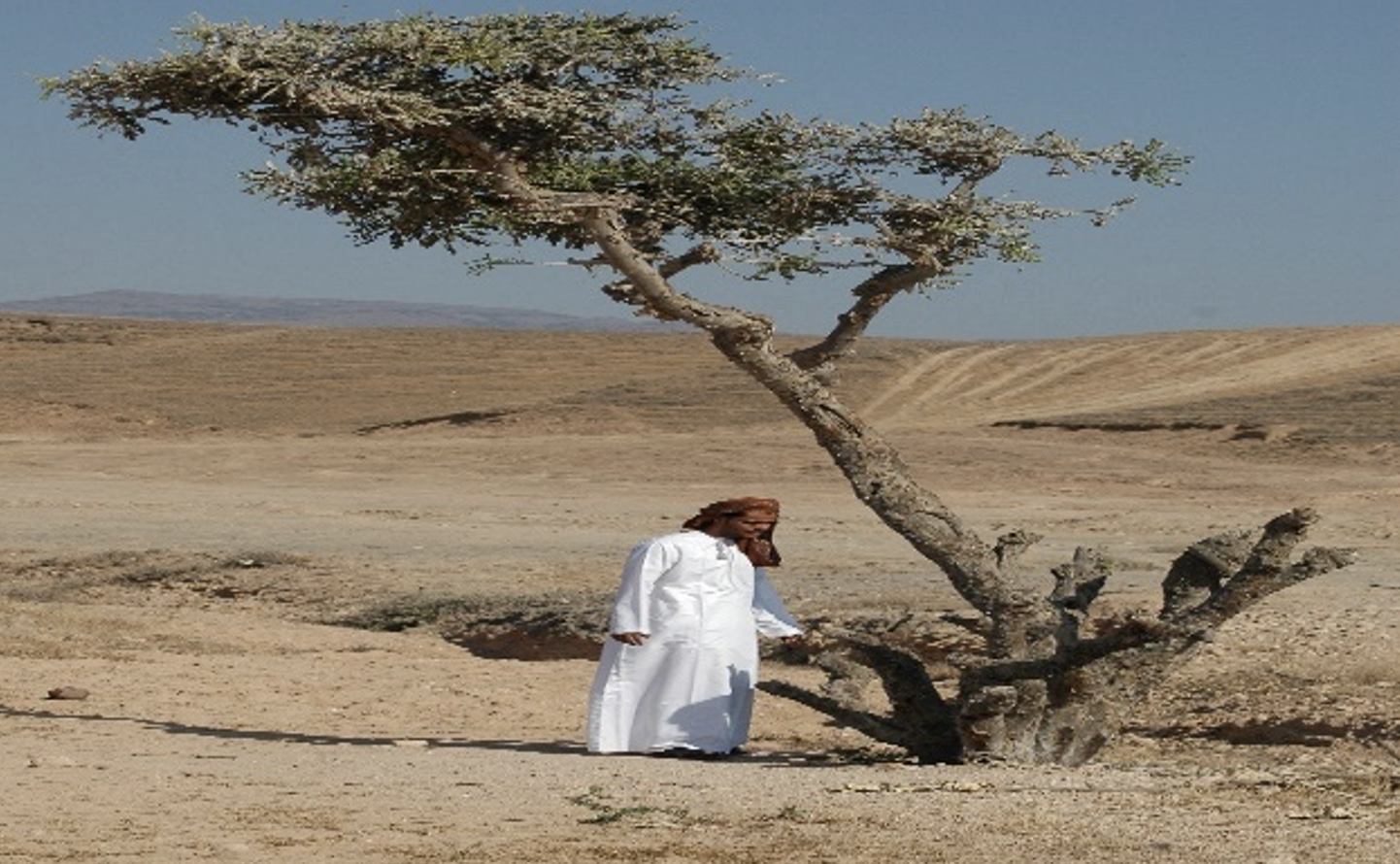
Sacred Plant Biocultural Recovery Initiative
The Sacred Plant Biocultural Recovery Initiative will fast-track model solutions to deal with daunting challenges to the freedom to practice religions. Due to the increasing scarcity of sacramental, ceremonial or entheogenic (“God-manifesting”) plants essential to spiritual rituals and expressions, the practice of certain ancient traditions is being disrupted. Efforts are urgently needed to: 1) seed or transplant the spiritually significant species into their original biocultural landscape; 2) buffer them from climate change through ecological restoration of sheltering habitats guided by spiritual leaders, and 3) involve and train youth who will become the next generation of caretakers for their cultural or religious community.
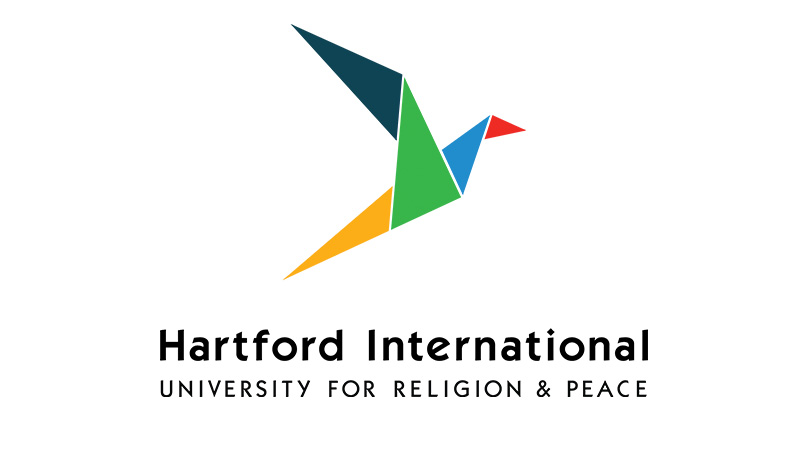
Graduate Certificate in Eco-Spirituality
This certificate at Hartford International University for Religion and Peace provides a concentrated immersion that will take learners into the broadest questions of science, climate, and global justice and into the beauty, relationality, mystery, and interspecies complexity of your particular bioregion and place on this Earth. Its interreligious nature means learners will be able to explore in the process how major religious traditions are expanding to address these questions as well as some of the diversity and insight of place-based, Indigenous/animist, and other non-, poly-, or pantheistic spiritual traditions.

The Center for Spirituality in Nature
The Center for Spirituality in Nature provides opportunities for deepening spirituality through nature, and for nurturing loving relationships with the Earth. We are called to participate in the Divine Mystery inherent in our sacred local landscapes. Through mindfulness, meditation, attentiveness and exploration, we come to know this ecological community, delight in it, listen to its wisdom, and participate in its healing. We live in a time of extraordinary ecological challenge. As we form sacred communities together, in which humans see themselves as loving participants within a rich web of creation, we absorb the wisdom needed to heal our human selves and renew our broken relationship with the Earth. Together, we hold grief, loss, responsibility as well as resilience and hope. We are helping to lead an exciting transformation in our own sacred Potomac River Watershed, and throughout the nation, for an expansive re-examination and re-imagining of our deep relationship with the Earth and with the Divine Spirit that animates it.
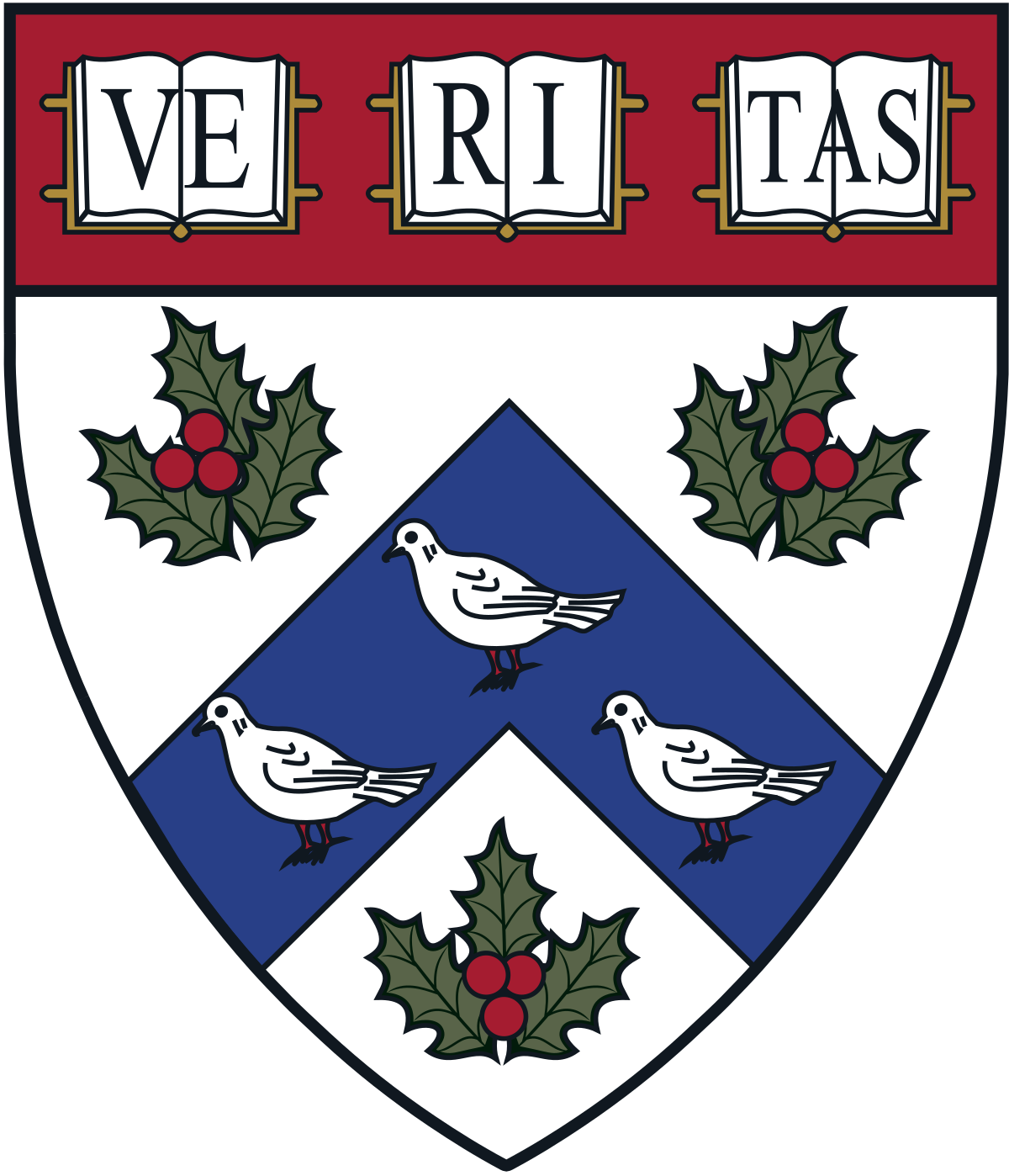
Program for the Evolution of Spirituality
The Program for the Evolution of Spirituality (PES) at Harvard Divinity School supports the scholarly study of emerging spiritual movements, marginalized spiritualities, and the innovative edges of established religious traditions. It also prepares students for ministry in these movements. Through conferences, field experiences, course offerings, and public lectures, the program expands HDS’s expertise in topics such as spirituality among the millennial generation, ecological spirituality, and the ethics of power in spiritual communities. The program held its inaugural conference on Ecological Spiritualities in 2022.
Photo Credit: Anna Tarazevich/Pexels